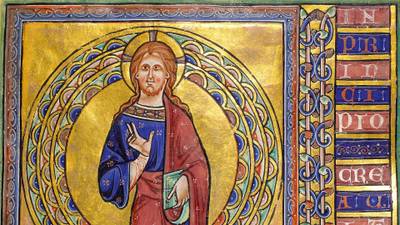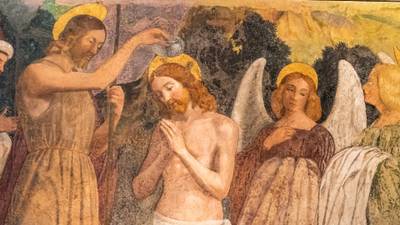Join a uniquely flexible distance-learning Theology degree.
Our 100% online Theology programme offers you the chance to study with one of the UK’s six ancient universities, wherever you are in the world.
Theology has been taught here since our founding in 1495.
With our flexible online Theology degree, you can choose to:
- study part-time or full-time
- qualify with an undergraduate degree, diploma, or certificate
- pick and mix individual courses from within the degree to study on their own.
Training for Ministry
This degree includes the eight Church of Scotland-accredited courses you need to qualify as a Reader or Ordained Local Minister.
The programme is ideal if you wish to undertake vocational studies relevant to church ministry and convocation.
Outstanding Theology research
We’re rated 1st in the UK for the quality of our research in Theology in the latest Research Excellence Framework (REF 2021).
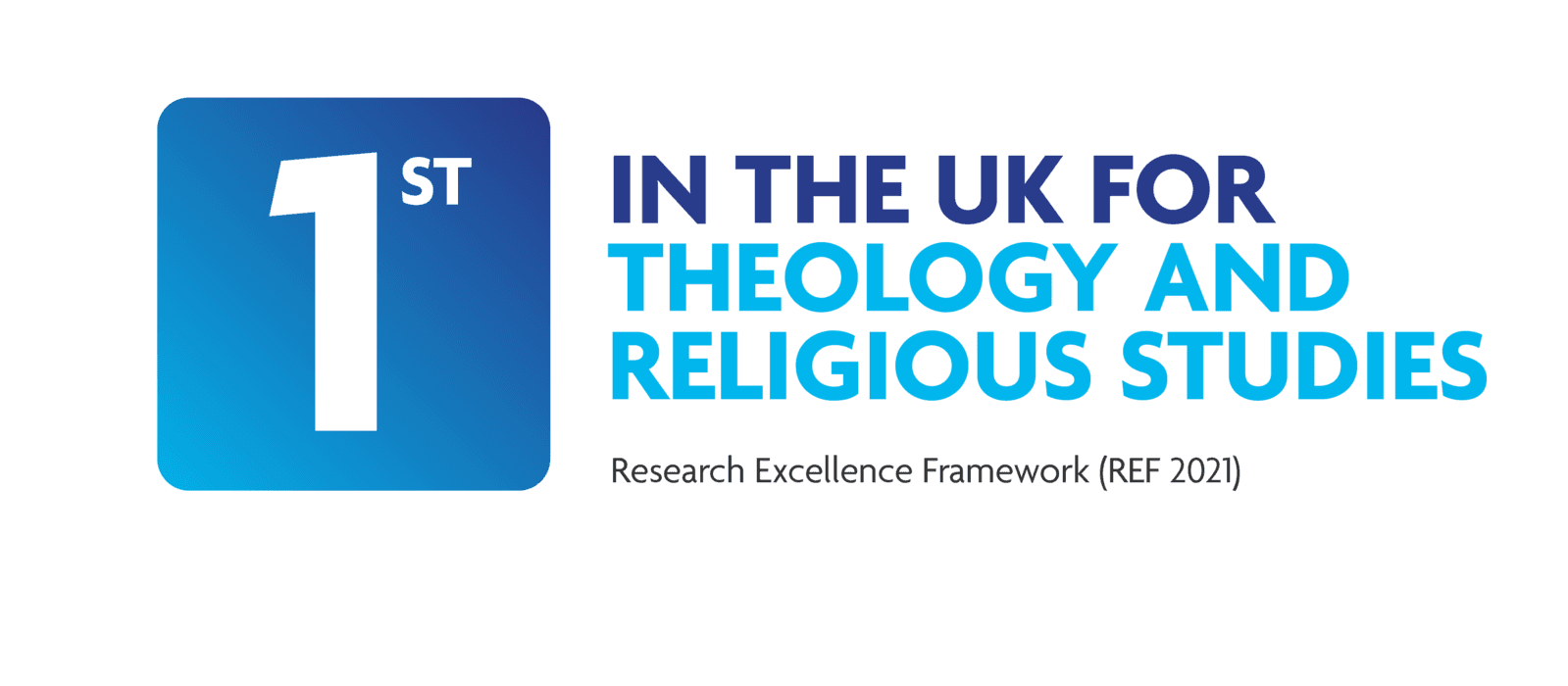

Readers and Ordained Local Ministers
The University of Aberdeen is among the approved academic providers of the Church of Scotland.
If you are training to become a Reader or Ordained Local Minister in the Church of Scotland, you are required to complete a Certificate Programme (120 credits at Level 1) of selected courses in the following eight areas:
- Old Testament
- New Testament
- Systematic Theology
- Practical Theology
- Sacramental Theology
- Mission
- Worship
- Scottish Church History
We’ll update you each year as to which courses you can choose from that will count towards your Certificate.
Choose the University of Aberdeen for your online Theology degree

2nd in the UK for Theology
We’re rated 2nd in the UK and 1st in Scotland for Theology by the Complete University Guide 2025.
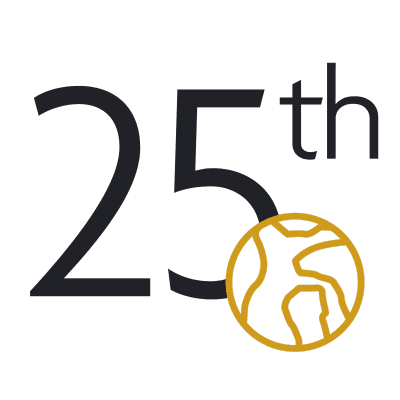
25th in the world
We’re rated 25th in the world for Theology, Divinity and Religious Studies (QS World University Rankings 2024).
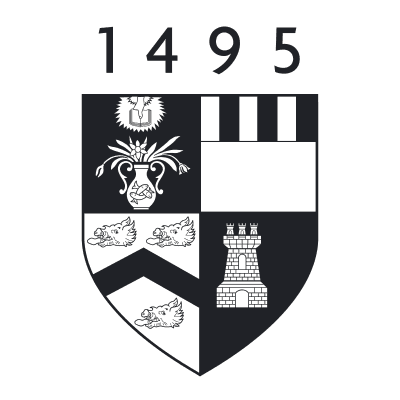
Over 525 years of excellence
Join a university founded in 1495, where Divinity has been taught for more than five centuries.
What you’ll study
You can choose to study for a:
- Bachelor of Theology (Honours) (480 credits)
- Bachelor of Theology (360 credits)
- Undergraduate Diploma in Theology (240 credits), or
- Undergraduate Certificate in Theology (120 credits).
Our range of available courses alternate on a two-year rolling cycle.
How you’ll study
Online learning
Our distance-learning BTh Theology is delivered flexibly, 100% online.
- You can study with us anywhere, with no need for a study visa.
- Set your own study hours to suit you.
Your teaching
Your teaching is delivered through MyAberdeen, our online Virtual Learning Environment (VLE). It holds all the materials, tools and support you’ll need in your studies. Take a look around MyAberdeen.
You can access your learning materials on computer, smartphone and laptop, 24 hours a day. You’ll find a range of resources at your fingertips, including:
- recorded lectures to stream or download
- live online seminars
- discussion boards with your online colleagues and tutors
- online access to our award-winning Sir Duncan Rice Library.
Live online seminars
You’ll have live online seminars to discuss your set texts, issues and questions with your tutors and classmates. The number of seminars you’ll have each week varies by course, but they are always held between 18:00 and 21:00 GMT, Monday to Friday.
Your tutors
You’ll learn from subject specialists within our School of Divinity, History, Philosophy & Art History.
Assessments
You’ll be assessed entirely online. We use several types of assessment throughout your degree, including:
- coursework, such as essays and reports
- online presentations
- practical assessments of the skills and competencies you’ve learned
- online examinations at the end of each course.
Assessment methods differ between subject areas, years of study and individual courses.
Hours for taught courses
If you plan to study part-time, we recommend you take no more than 30 credits per term.
15-credit courses
- Take around 150 hours of study and assessment time to complete
- You’ll study 8 – 10 hours per week per term, plus more at assessment times.
30-credit courses
- Take around 300 hours of study and assessment time to complete
- You’ll study 15 – 20 hours per week per term, plus more at assessment times.
This is an indicative guide to the time required for a typical student at this level to achieve the learning outcomes.
You can largely set your own study hours each week to cover the materials. MyAberdeen is available 24/7, so you can log in and study when it suits you.
Activities at fixed times
There may be some activities that are scheduled at a fixed time, such as online meetings with your tutor and assessments with deadlines. But otherwise, you can access and work through each course at your convenience.
Live online seminars
The number of seminars you’ll have each week varies by course. But seminars are always held between 18:00 and 21:00 GMT, Monday to Friday.
Hours for 30-credit dissertation
A 30-credit dissertation is around 300 hours of study time. That’s around 20 hours per week per term.
You will dedicate a full term to your dissertation.
When you study with us, you can expect a first-class support structure so that you’re never alone in your studies.
But learning online does mean you have to motivate yourself and manage your own time.
Your most important commitment will be time – the time to work through, reflect on and understand your teaching materials.
Before you start a course that involves a high degree of independent study, we recommend looking at the time you will be able to devote to your studies each week:
- Be realistic
- Create a weekly schedule as a guide
If you have any questions about studying online, get in touch with our friendly team. We’re here to help.
Our first-class support structure will ensure that you aren’t alone in your studies. You’ll have contact with your tutors via MyAberdeen and email. You can use social media and discussion boards to chat with your fellow students too.
We provide a wide range of services to support you in your studies and beyond:
- Careers and Employability Service – including one-to-one advice sessions
- Disability support
- IT support
- Library support
- Student Support Service – help with finances, stress, wellbeing and non-academic issues
- Student Learning Service – study support, with advice sessions available via phone or Skype
- Aberdeen University Students’ Association (AUSA) – run by students for students
- Toolkit – clever apps and free training that can make your study life easier
Wherever you are in the world, you’ll feel part of our very special Aberdeen learning community.
We’re a member of the Access scheme run by the Society of College, National and University Libraries (SCONUL).
Access study spaces, books and journals in your area
The SCONUL Access scheme allows you, as a University of Aberdeen student, to access books and resources at university libraries across the UK and Ireland, or visit them for a quiet place to study.
You’ll be able to use study spaces, books and journals at over 150 university libraries which belong to the scheme.
Your support team
Our friendly team are here to answer any queries you have before, during and after your studies.

Dr Jakub Zbrzezny
Jakub is the programme coordinator. He’ll be on hand to answer any questions about degree content before you start and to help you throughout your studies. Please feel free to contact him at theologyonline@abdn.ac.uk.

Dr Joel Pierce
Joel is part of the School’s support team. He’ll be there throughout your studies to answer any of your non-academic queries.

Get in touch
The online education team is here to answer any questions you have right now about this qualification, or about studying online.
Ask us a questionWhere this will take you
Careers
Studying Theology at Aberdeen will help you prepare for a wide range of careers.
The University places a strong emphasis on applied learning and the skills that you learn will help you meet the requirements of top employers.
Our Theology graduates have found employment in a wide range of areas, including:
- the churches
- media and journalism
- teaching
- public service and administration
- the NGO sector
- business
- government, and
- publishing.
Further study and research
Many of our graduates continue their studies at postgraduate level and go on to be involved in internationally recognised research programmes.

Lifelong career support
Our career support doesn’t stop when you graduate.
You have access to our free careers service while you study, and beyond.
- 1:1 appointments
- CV checks
- Interview prep
- Job opportunities
Fees and funding
The fees quoted above are based on part-time study starting in the 2024/25 academic year.
Why are fees lower for Scottish domiciled students?
The reduced rate for students domiciled in Scotland is possible due to a funding contribution from the Scottish Funding Council. Funding is not provided to the University for students who are domiciled outside of Scotland.
Fees for Scottish domiciled students starting in academic year 2024/25 are £225 per 15 credits.
Future fee increases for students who are domiciled outside of Scotland
In line with other universities, tuition fees are subject to annual review and the University reserves the right to routinely increase these from year to year. You should budget for an increase of between 5% and 9% per annum.
The indicative costs quoted above for students who are domiciled outside of Scotland are based on a fee of £945 per 15 credits in academic year 2024/25 and a 5% increase per annum.
Learning resources
Access to all the essential books and resources you need are included in your tuition fee. They’ll be made available to you online and you do not have to buy your own copies.
We also provide optional recommended reading lists. Many of these resources are available electronically through our library, although purchases may be required if you wish to read the full list.
Printing
You may want to set aside a small budget for printing, depending on how you like to work.
Choose the University of Aberdeen for flexible online degrees

You’re in expert hands
We’ve been delivering online and distance learning for decades.

Flexible
Flexible hours and 24/7 access, so you can study when it suits you.

Learn anywhere
On smartphone, desktop and laptop, with no need for a student visa.
Entry requirements
BTh, UgDip and UgCert
SQA Highers
Standard: AABB
Applicants who have achieved AABB (or better), are encouraged to apply and will be considered. Good performance in additional Highers or Advanced Highers may be required.
Minimum: BBB
Applicants who have achieved BBB (or are on course to achieve this by the end of S5) are encouraged to apply and will be considered. Good performance in additional Highers or Advanced Highers will normally be required.
Adjusted: BB
Applicants who have achieved BB and who meet one of the widening participation criteria are encouraged to apply and will be considered. Good performance in additional Highers or Advanced Highers will be required.
More information on widening participation criteria and adjusted entry qualifications.
A Levels
Standard: BBB
Minimum: BBC
Adjusted: CCC
International Baccalaureate
32 points, including 5, 5, 5 at HL.
Irish Leaving Certificate
5H, with 3 at H2 AND 2 at H3.
You’re also welcome to apply if you have:
- other relevant qualifications, and
- professional experience with supportive references.
This is a summary of our entry requirements. For more information, including information on advanced entry to Divinity and Theology degrees, see our detailed entry requirements section.
You can apply to start in either September or January.
Apply as early as you can. This is so we have time to review your application and get a decision to you. We also want to ensure you have time to enrol before teaching starts.
September 2024 intake
For our September 2024 intake, the application deadline is 23 August 2024.
You will need to accept your offer and provide any outstanding documents to meet the conditions of your offer by 2 September 2024.
Teaching starts on 23 September 2024.
January 2025 intake
Teaching starts on 27 January 2025.
Application deadlines will be announced in due course.
Entry requirements
We welcome students from all over the world.
See the minimum entry requirements above. If you do not have qualifications from the UK, check equivalent qualifications for your country.
Visa requirements
You do not need a student visa to study online with us.
English language requirements
If English is not your first language, use our English requirements checklist to see if you need to provide evidence of your English language skills when you apply.
English language tests and scores
If you do need to provide English language test scores, these are the tests and minimum scores we accept for this course or degree.
These are our Undergraduate Standard requirements.
IELTS Academic, IELTS UKVI Academic, and IELTS Online (not IELTS Indicator or IELTS General Training)
- 6.0 overall
- 5.5 for listening, reading and speaking
- 6.0 for writing
TOEFL iBT and TOEFL iBT Home Edition
- 78 overall
- 17 for listening
- 18 for reading
- 20 for speaking
- 21 for writing
- TOEFL DI code is 0818
Cambridge English: B2 First, C1 Advanced, or C2 Proficiency
- 169 overall
- 162 for listening, reading and speaking
- 169 for writing
LanguageCert Academic/LanguageCert Academic SELT
- 65 overall
- 60 for listening, reading and speaking
- 65 for writing
LanguageCert International ESOL B2 Communicator (Written and Spoken) – Online / In-centre
- Overall Pass
- 33 for listening, reading and speaking
- 38 for writing
Oxford ELLT Digital – English Language Level Test Online
- 6.0 overall
- 5.0 for listening, reading and speaking
- 6.0 for writing
PTE Academic (online test not accepted)
- 59 overall
- 59 for listening, reading, speaking and writing
Duolingo – tests taken from 1 July 2024 onward
- 105 overall
- 95 for listening, reading and speaking
- 105 for writing
Trinity ISE – Trinity Integrated Skills in English
- Pass overall at ISE II
- A merit in lisening, reading and speaking
- A distinction in writing
University of Aberdeen English Pre-sessional Programme (PSE)
- Pass
- Valid for one year. Refresher can be offered if out of date
Pre-sessional academic English preparation programmes undertaken at other UK universities
- Pass at an equivalent of 6 (B2)
- B2 in all four skills
- Certification must be within one year prior to the start of your course
For more information about language qualifications see our English Language Requirements page.
You will need access to:
A computer (PC, laptop or Mac) operating on either:
- Windows 10 or later
- macOS 10.15 (Catalina) or later.
Most teaching materials are smartphone- and tablet-friendly. But we recommend a proper laptop or desktop for completing assignments comfortably.
Reliable internet access
We recommend:
- a wired connection
- a minimum download speed of 2 Mbps so you can take part fully in live sessions.
Speakers or headphones
- We recommend a headset with built-in microphone and earphones if you’re likely to study in an environment with background noise.
- A webcam is optional, but you may like to use one for some interactive sessions.
Software
We’ll give you access to Office365 applications. This means you can use online versions of Microsoft Word, Excel, and PowerPoint and install these programs on up to five personal devices.
If your course requires specialist software, we’ll provide you with access to this and a licence that lasts throughout your studies.
See our detailed IT requirements for more information.
Bachelor of Theology (Honours)
480 credits
Scottish domiciled students
£7,200
All other students
£35,980
This indicative cost is based on 480 credits of study over eight years, starting in September 2024.
Bachelor of Theology
360 credits
Scottish domiciled students
£5,400
All other students
£25,640
This indicative cost is based on 360 credits of study over six years, starting in September 2024.
Undergraduate Diploma
240 credits
Scottish domiciled students
£3,600
All other students
£16,260
This indicative cost is based on 240 credits of study over four years, starting in September 2024.
Undergraduate Certificate
120 credits
Scottish domiciled students
£1,800
All other students
£7,740
This indicative cost is based on 120 credits of study over two years, starting in September 2024.
Apply for this programme
- Start month
- September or January
Indicative Costs
This indicative cost is based on 480 credits of study over eight years, starting in September 2024.
Apply now


